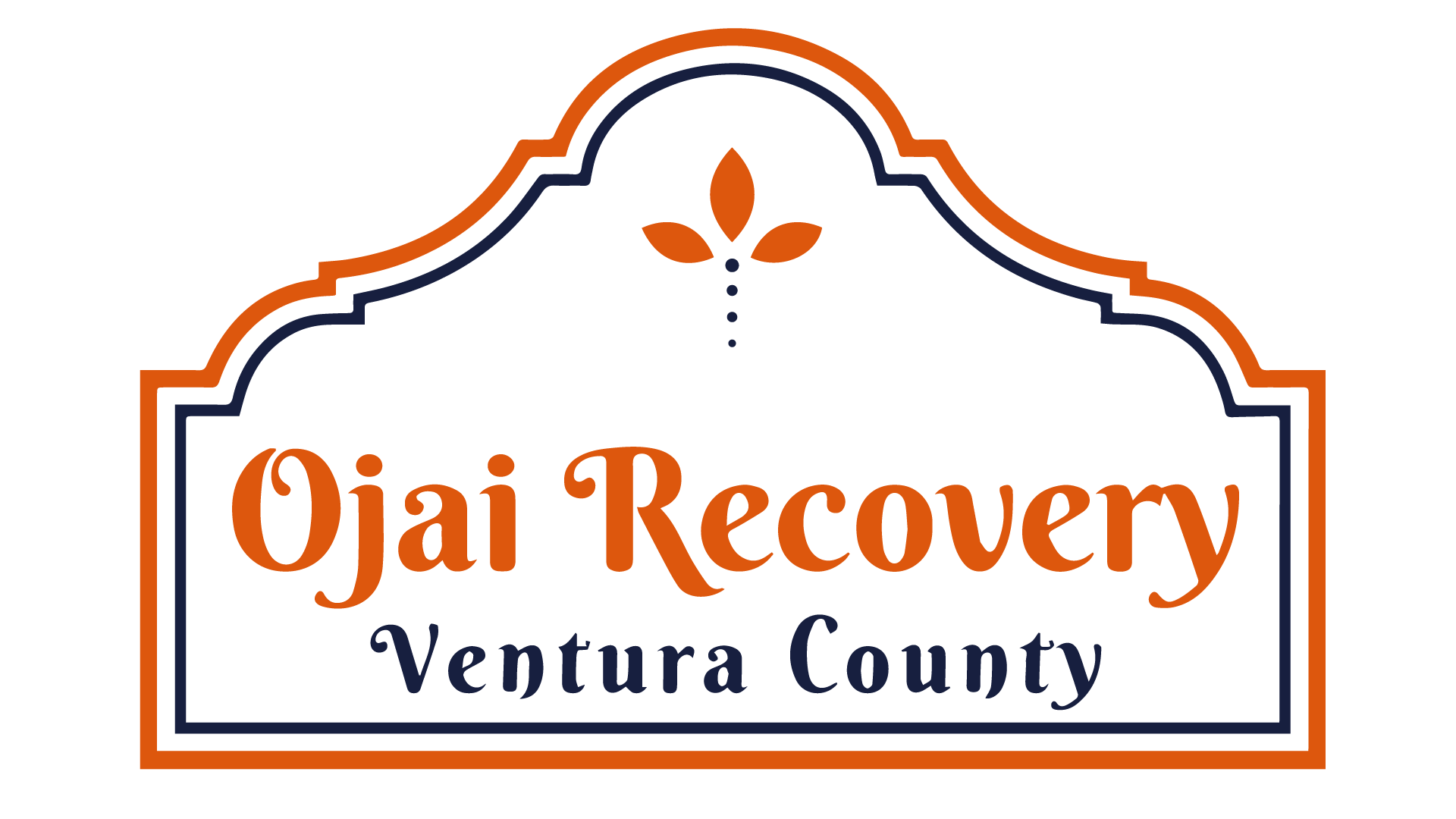Outpatient vs Inpatient Detox
When considering detoxification for drug and alcohol addiction, understanding the differences between outpatient and inpatient programs is essential. Each option caters to various needs and circumstances, ensuring individuals receive the appropriate level of care for their recovery journey.
Outpatient Detox Programs
Outpatient detox programs allow you to live at home while undergoing detoxification. This option is best suited for individuals who are not at risk of developing health complications from withdrawal symptoms and have a stable, supportive home environment (Rehabs.com). Outpatient detox programs offer flexibility, enabling you to maintain daily responsibilities while attending scheduled treatment sessions.
Here are some key features of outpatient detox programs:
| Feature | Description |
|---|---|
| Living Arrangements | Patients stay at home during treatment |
| Ideal Candidates | Those with supportive home lives, lower risk of complications |
| Treatment Duration | Typically lasts from a few days to several weeks |
| Support Options | Regular check-ins, therapy sessions, and medication-assisted treatment options available |
Outpatient programs focus on helping you manage withdrawal symptoms and develop coping strategies as you transition to sobriety. If you’re searching for outpatient detox centers near me, you can find options that fit your needs.
Inpatient Detox Programs
Inpatient detox programs require you to live at the detox facility for a specified period to safely withdraw from drugs and alcohol. This option is ideal for individuals who may not have a safe or supportive home environment or those at a higher risk for relapse (Rehabs.com).
Key aspects of inpatient detox programs include:
| Feature | Description |
|---|---|
| Living Arrangements | Patients stay at the facility throughout detox |
| Ideal Candidates | Those requiring more structure, intensive care, or at high risk for complications or relapse |
| Treatment Duration | Ranges from several days to several weeks |
| 24/7 Support | Continuous medical supervision and support available |
Inpatient programs provide a structured setting with comprehensive care, including round-the-clock medical supervision and support. These facilities often include medication-assisted treatment (MAT) to help manage withdrawal symptoms effectively, allowing you to focus on your recovery.
Choosing between outpatient and inpatient detox depends on your unique situation and needs. Assess your support system, withdrawal risk, and personal circumstances to make an informed decision that will aid in your journey toward recovery.
Medication-Assisted Treatment
Role of Medication in Detox
Medication-Assisted Treatment (MAT) plays a significant role in the detoxification process for individuals dealing with substance abuse. Medication can be particularly beneficial in managing withdrawal symptoms and cravings associated with drug and alcohol recovery. This approach allows you to focus more effectively on your recovery while minimizing discomfort.
Outpatient detox centers often incorporate MAT within their programs. This allows you to remain at home while receiving care, enabling a stable and supportive environment, which is crucial during detox. This format is especially beneficial for individuals who do not face health complications from withdrawal symptoms.
Here’s a breakdown of the role of medication in the detox process:
| Function of Medication | Description |
|---|---|
| Reduces Withdrawal Symptoms | Medications help ease discomfort, allowing for a smoother transition during detox. |
| Minimizes Cravings | By suppressing the urge to use, medications support sustained recovery efforts. |
| Stabilizes Mental Health | Certain medications can help improve mood and stabilize emotions during this challenging time. |
For those in inpatient detox programs, medication provides structured support while you are at the facility. This option is particularly advantageous for individuals living in unsafe environments or those at risk of relapse (Rehabs.com).
The effectiveness of MAT varies based on individual circumstances and the substances involved. Many facilities, including reputable detox centers near me, offer tailored MAT plans to support unique needs. The goal is to not only manage immediate withdrawal symptoms but also provide a strong foundation for long-term recovery.
Integrating MAT into your detox journey can lead to a higher likelihood of successful outcomes, making it an essential consideration in your search for outpatient detox programs. Always consult with professionals to determine the best course of action for you or a loved one.
Duration of Detox Programs
Understanding the duration of detox programs is essential for you or your loved ones when seeking treatment for drug and alcohol addiction. Each program varies significantly in length, and the right choice depends on individual needs and circumstances.
Short-term vs Long-term Detox
Detox programs can generally be categorized into short-term and long-term options. The primary distinction is the duration of stay in the program.
| Type of Detox | Duration |
|---|---|
| Short-term Detox | 3 to 30 days |
| Long-term Detox | 31 to 180 days |
Short-term detox typically lasts from 3 to 30 days and is often suitable for individuals who have a stable home environment and are not at risk for developing severe withdrawal symptoms. These programs allow you to begin your recovery process without a lengthy commitment.
Long-term detox programs, on the other hand, range from 31 to 180 days. They are designed for those who may have more severe addiction challenges or who do not have a supportive home life. Inpatient detox may be recommended for individuals with a higher risk of relapse or health complications during withdrawal (Rehabs.com).
Same-day Emergency Detox
Same-day emergency detox centers cater to individuals in immediate need of treatment. These centers are particularly vital for those addicted to substances where withdrawal can pose serious health risks, including potential fatalities (Rehabs.com).
Emergency detox services allow you to receive prompt medical attention to manage withdrawal symptoms safely. Access to quick assistance can help mitigate risks and provide a structured pathway toward recovery. If you need immediate help, searching for outpatient detox centers near me can help you find facilities ready for same-day admission.
Considering the type and duration of detox programs available is critical when embarking on your recovery journey. Each individual will have their unique requirements, and finding the right program can make all the difference in achieving lasting sobriety. For further support, explore our resources on alcohol detox and drug detox.
Leading Detox Facilities
Choosing the right detox facility is essential for effectively addressing addiction. Below are two notable facilities: NewYork-Presbyterian Services and AdCare Hospital Programs.
NewYork-Presbyterian Services
NewYork-Presbyterian offers a wide range of outpatient and inpatient rehabilitation programs designed for individuals dealing with substance use disorders. Their services are comprehensive, including daytime and evening outpatient programs, as well as fully licensed inpatient programs. These programs are recognized by The New York State Office of Alcoholism and Substance Abuse Services (OASAS) as a Medically Supervised Ambulatory Substance Abuse Treatment Program [NewYork-Presbyterian].
Key services at NewYork-Presbyterian include:
| Program Type | Features |
|---|---|
| Outpatient Programs | Daytime & evening options, flexible scheduling |
| Inpatient Programs | Comprehensive care with skilled psychiatrists and psychologists |
| Contact Information | Inpatient: 888-694-5700, Outpatient: 877-NYP-WELL |
Those seeking support can expect highly skilled professionals with sub-specialty training, providing a holistic approach to recovery.
AdCare Hospital Programs
AdCare Hospital, located in Worcester, MA, is a level 4, 114-bed facility that provides drug and alcohol detox services. Staffed by qualified medical professionals, including physicians, nurses, and counselors, AdCare is equipped to handle a range of addiction needs [AdCare Hospital].
AdCare also offers two types of outpatient rehab programs:
| Program Type | Features |
|---|---|
| Day Treatment Program (PHP) | Structured support during the day with a focus on therapy |
| Intensive Outpatient Program (IOP) | Flexible treatment options tailored to individual needs |
Both inpatient and outpatient services at AdCare emphasize individualized treatment plans, family involvement, and ongoing care coordination. For more information, check the details about detox centers near me and drug rehab facilities near me.
These facilities provide essential options for individuals seeking recovery, making them worth considering as you or a loved one look into detox and rehabilitation services.
Specialized Treatment at NewYork-Presbyterian
NewYork-Presbyterian offers specialized treatment for individuals facing substance use disorders, addressing not only addiction but also co-occurring mental health issues. Their programs are designed to cater to diverse patient needs, making them a reliable choice when searching for outpatient detox centers near me.
Dual Diagnosis Treatment
About 8 million Americans with substance use disorder also experience one or more co-existing psychiatric diseases, such as depression or anxiety. NewYork-Presbyterian provides specialized dual diagnosis treatment programs, designed to address both substance use disorder and other mental health challenges concurrently. This integrated approach allows for a comprehensive treatment plan that targets all aspects of a patient’s health, fostering better recovery outcomes.
In dual diagnosis treatment, therapists work with patients to create individualized care plans that include psychotherapy, medication management, and support groups. This support is critical, as treating substance use without addressing underlying mental health issues often leads to relapse.
Geriatric Substance Abuse Support
As individuals age, they may face unique challenges concerning substance use. NewYork-Presbyterian recognizes this need and offers specialized support for older adults dealing with addiction. The geriatric substance abuse support program incorporates age-appropriate assessments and treatment plans that consider the physical and emotional well-being of older patients.
Older adults may have different treatment needs compared to younger individuals, given the potential for existing health issues or medications that can interact with substances. These tailored programs focus on holistic care, providing strategies that promote both sobriety and overall health among seniors.
Summary Table of Specialized Treatments
| Treatment Type | Key Focus |
|---|---|
| Dual Diagnosis Treatment | Concurrent treatment for addiction and mental health |
| Geriatric Substance Abuse Support | Tailored support for older adults |
These specialized services at NewYork-Presbyterian make them a compelling option for those seeking comprehensive and compassionate care. If you are considering addiction treatment, explore resources on detox for drug and alcohol detox available at these leading facilities.
Financial Considerations in Detox
Understanding the financial aspects of addiction treatment is essential when seeking help for yourself or a loved one. The costs associated with detox and rehab can vary widely, influenced by factors such as program type, facility amenities, and individual treatment needs.
Cost of Addiction Treatment
The expense of addiction treatment can differ significantly based on whether you choose an inpatient or outpatient program. Inpatient programs are usually more costly due to the inclusion of housing and round-the-clock medical care. Meanwhile, outpatient detox centers are typically more affordable, offering flexibility and reducing costs associated with accommodation.
| Program Type | Average Cost per Month |
|---|---|
| Inpatient Detox | $20,000 – $60,000 |
| Outpatient Detox | $5,000 – $15,000 |
| Luxury Rehab | $30,000 – $100,000 |
Certain luxury rehab centers, known for high-end amenities such as massages, gourmet meals, and top-notch facilities, can often cost tens of thousands of dollars each month (Addiction Center).
For individuals requiring intensive medical supervision, particularly during alcohol or heroin detox, costs may rise, especially if medication-assisted treatment is necessary. Exploring options like outpatient detox centers near me can help you find the best solution for your budget.
Low-Income Rehab Programs
Access to treatment shouldn’t be limited by financial barriers. Many individuals may qualify for low-income rehab programs, which are often provided by nonprofit organizations or state-funded facilities. These programs aim to offer free or reduced-cost treatment options to ensure that all individuals in need can obtain the necessary help (Addiction Center).
These programs could provide the care you need without overwhelming financial strain. Understanding that the costs of addiction extend beyond treatment, as they include potential income loss, legal issues, and health problems, underscores the importance of seeking accessible care. For instance, an individual consuming a 12-pack of beer daily may spend over $3,000 annually on alcohol alone (Addiction Center).
Choosing a facility that aligns with your financial situation while meeting your treatment needs is vital. Consider looking into drug rehab centers near me that offer various financial options and support.










